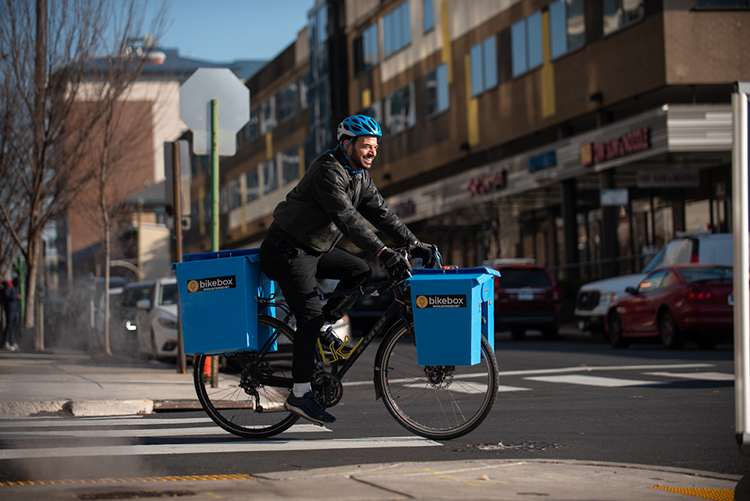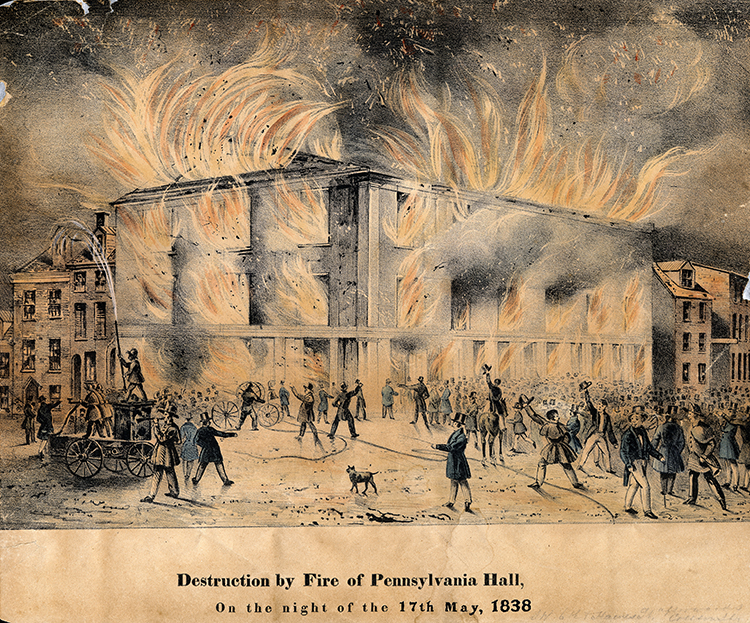There are few tasks I will dodge more willingly than cleaning out an empty peanut butter jar. It’s tedious and yucky, and I don’t want to do it. Yet when it’s time (or maybe a day or two later) I grab a butter knife and sponge, and scrub the bottom and the sides of the container.
Since you are probably one of those people who lugs recyclables (and maybe even banana peels) around until you find a proper bin, or researches whether or not some random item is recyclable, you probably share my indignation knowing there’s a 50 percent chance that what you are trying to save will be incinerated. But that is the case in Philadelphia right now.
The Streets Department, which handles recycling, argues that they are victims of the global market. China stopped taking recyclables, and now it’s difficult to find a taker for collected materials. Critics note that the Streets Department allowed their contract to expire with their processors, and without a backup plan in place, they had no leverage in negotiating. They were left with two unpleasant choices: 1. Pay 10 times the rate they had been paying with their current hauler, or 2. Use another vendor who charged 5 times the rate they were paying but only had the capacity to recycle half of what the city collected. They chose option 2.
But another explanation is that there is—and has been—a lack of staffing and leadership in the recycling department, and this indicates something bigger: Recycling is not a priority.
Unfortunately, it isn’t a priority nationally, either. While much progress has been made in the last 40 years, when zealots on Saturday mornings drove sorted materials to drop-off destinations, there is still a staggering amount of recyclables that end up in the trash. According to a 2017 study, 91 percent of all manufactured plastic is not recycled. Another study says that 10 percent of all plastic winds up in the ocean.
Right now, the best thing we can do (other than scrupulously avoid plastics) is to apply pressure on our local government to prioritize recycling. That means demanding an end to incineration, and advocating for a fully-staffed recycling department capable of increasing education efforts.
There are other policy measures that would help. As The Philadelphia Inquirer reported, in the last nine years, the city collected $3.7 million by ticketing residents for recycling infractions, but only $108,000 from businesses (“Philadelphia should step up recycling,” July 30, 2018). If the city got serious about enforcement, we suspect businesses would improve their efforts.
On a larger scale, we need to question the use of packaging (and products themselves) that we take for granted. At the heart of our recycling efforts is an unpleasant truth: For sustainability, we cannot just improve our recycling habits. There aren’t enough (plastic) blue bins in the world to change the predicament we are in.
But there is hope in recycling, too. If it helps us to acknowledge that the materials we use come from something, often an oil-based process, and that these materials must go somewhere when we finish with them, then we are making progress. There’s a connection between what we create and consume, and what ends up in our soil, air and waterways.
If the gravity of our waste problem has you fired up, click here for a body scan meditation. As Maurice Sampson reminds us in this month’s Dispatch, take care of yourself so you can take care of others and fight the good fight.







Thank you for this article Alex. Perhaps you could follow it up with at least one more giving specifics about exactly how we can swap out other materials and products for what we use now. ALSO, it occurred to me recently that with the upswing in the volume of products being shipped to us in over-sized boxes stuffed with inflatable plastic cushioning through Amazon and the like, we are bound to experience an exponential growth in the amount of materials being dumped without being recycled. As well, we all have witnessed the OVER-packaging done by companies in an effort to make the consumer THINK they are getting more product than they really are. Think about the size of a simple cracker box compared to the actual amount of space taken up by the product inside. All that cardboard and plastic wrap inside has to go somewhere! I would love to see companies legally required to downsize their food packaging to actually match the space required for the food inside. Lastly, what about using the money garnered from recycling violaters to create another local recycling center so we don’t have to spend wads of cash to ship our trash around the world!!